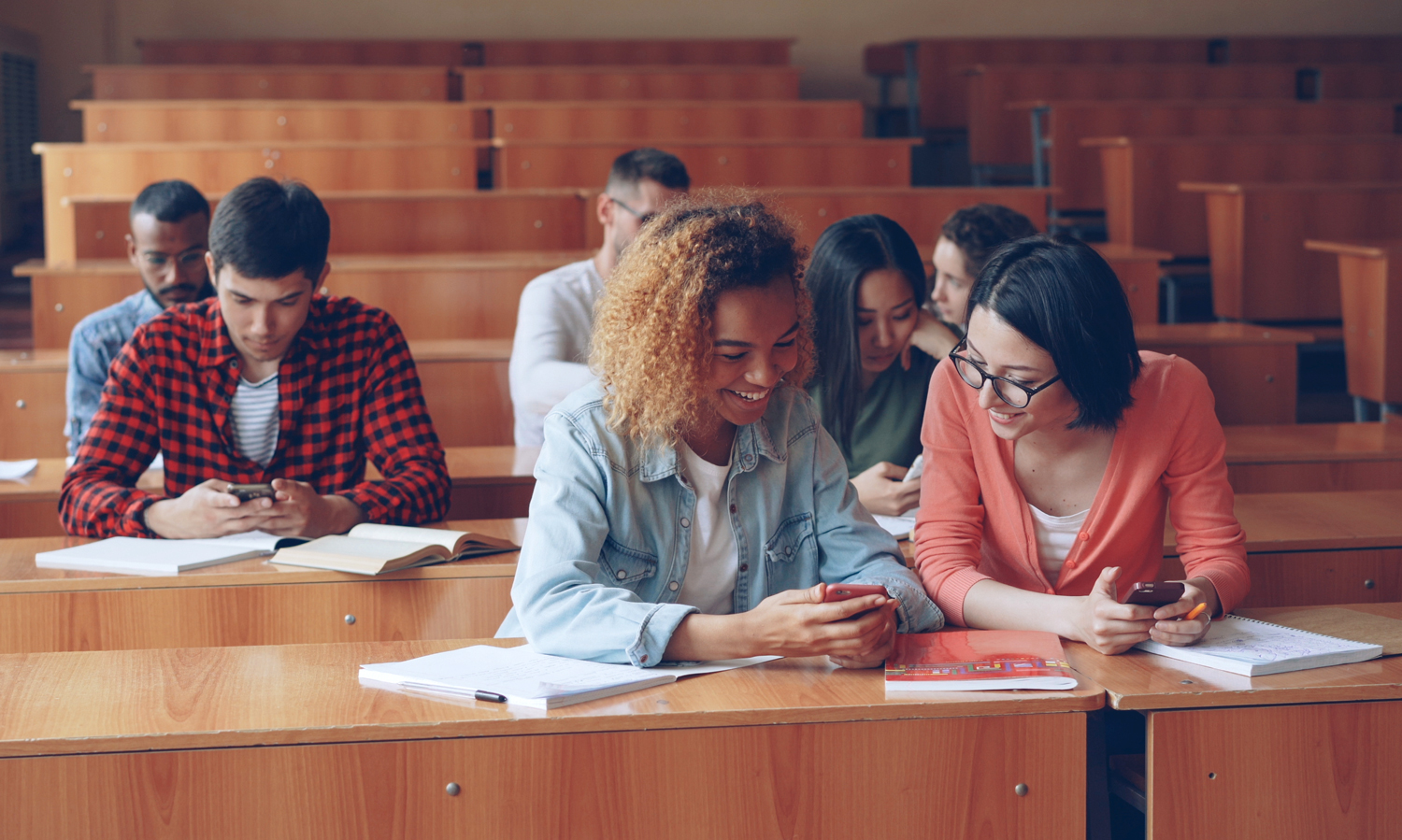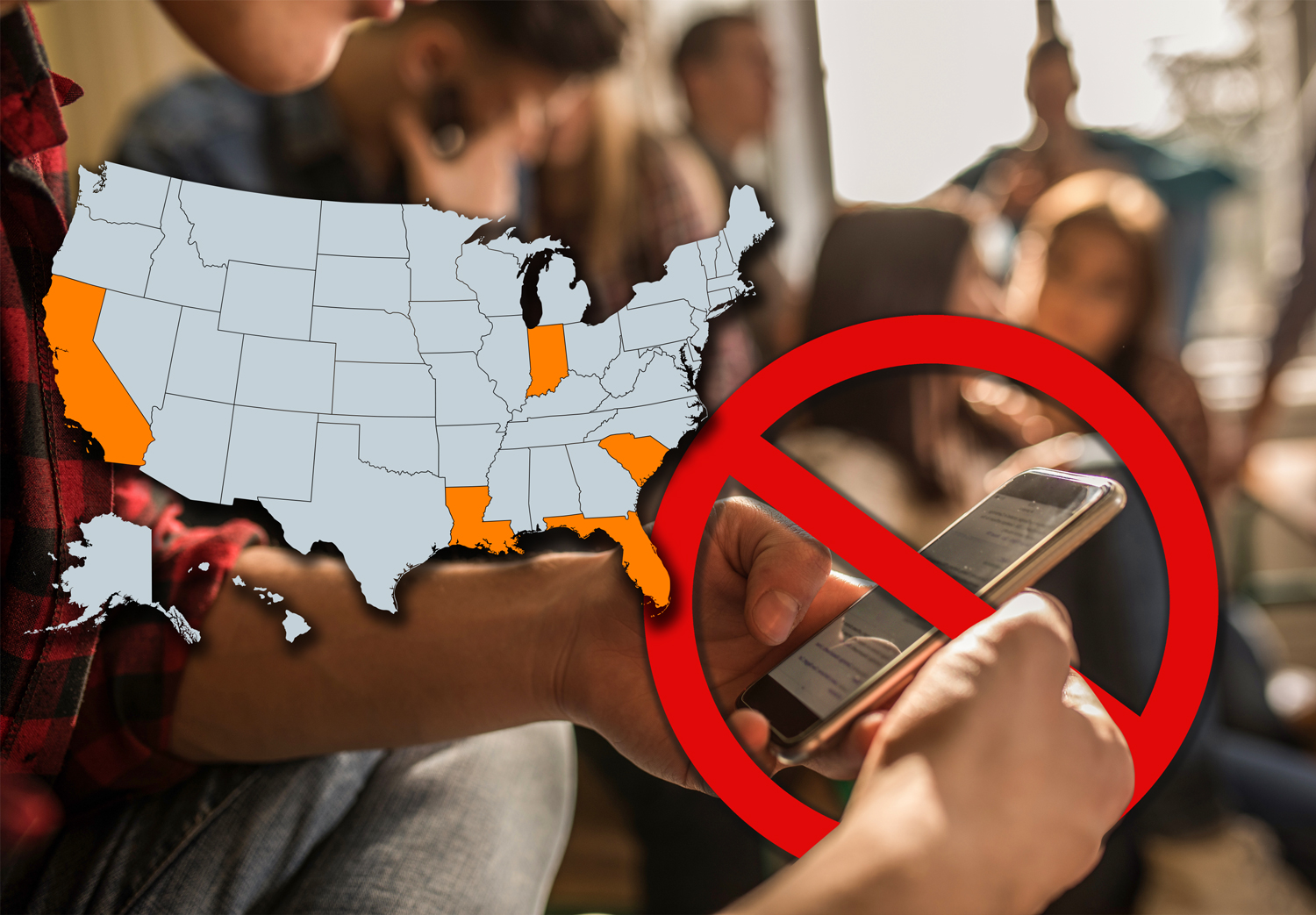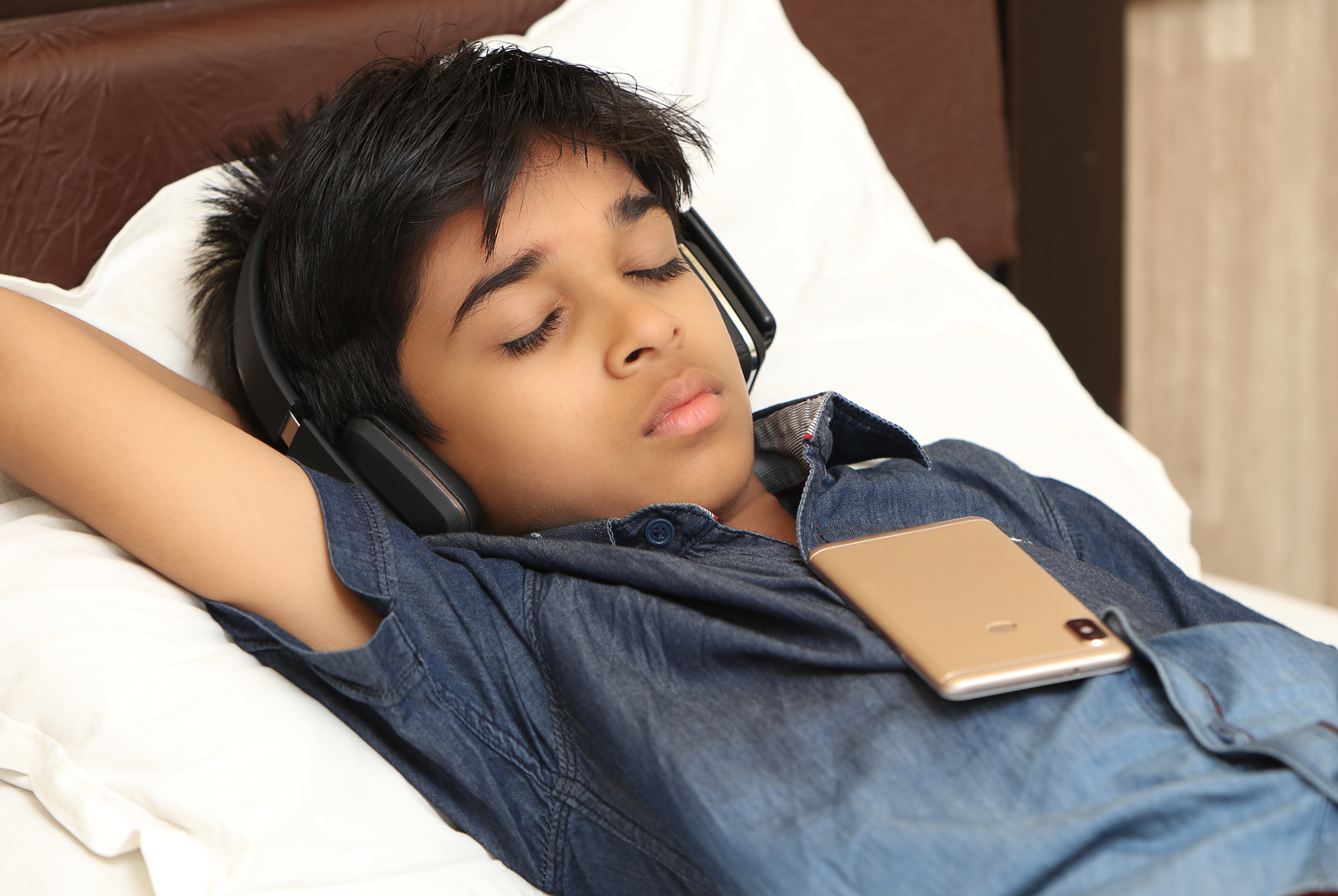Short Phone Breaks May Be a Good Idea
A new study shows that one-minute phone breaks may help students focus.

© silverkblack/stock.adobe.com
Should cell phones be allowed in classrooms? The answer to that question has been debated for years. But a new study suggests that taking very short “phone breaks” could help increase students’ test scores.
The study took place over the course of a semester (about 15 weeks) at a U.S. university. Some of the participating students were given one-, two-, or four-minute breaks during their classes. They were allowed to use their phones during these breaks. The other students were the “control group.” They were also given breaks but weren’t allowed to use their phones. Instead, they could ask questions during this time.
The researchers found that the students who were allowed to take phone breaks were less likely to look at their phones when the class was going on. These students also did better on tests than the students in the control group.
Researchers also wanted to know if the length of the phone break mattered. They found that the one-minute phone break was more effective than the longer phone breaks.
Why are shorter breaks best? Researchers think one minute is just long enough to read and reply to a single text without getting into a long texting conversation.
But this doesn’t necessarily mean that teachers should let students take short phone breaks. Other studies have found that even short breaks make it harder for students to remember what they learned, resulting in lower grades.
The debate continues!



